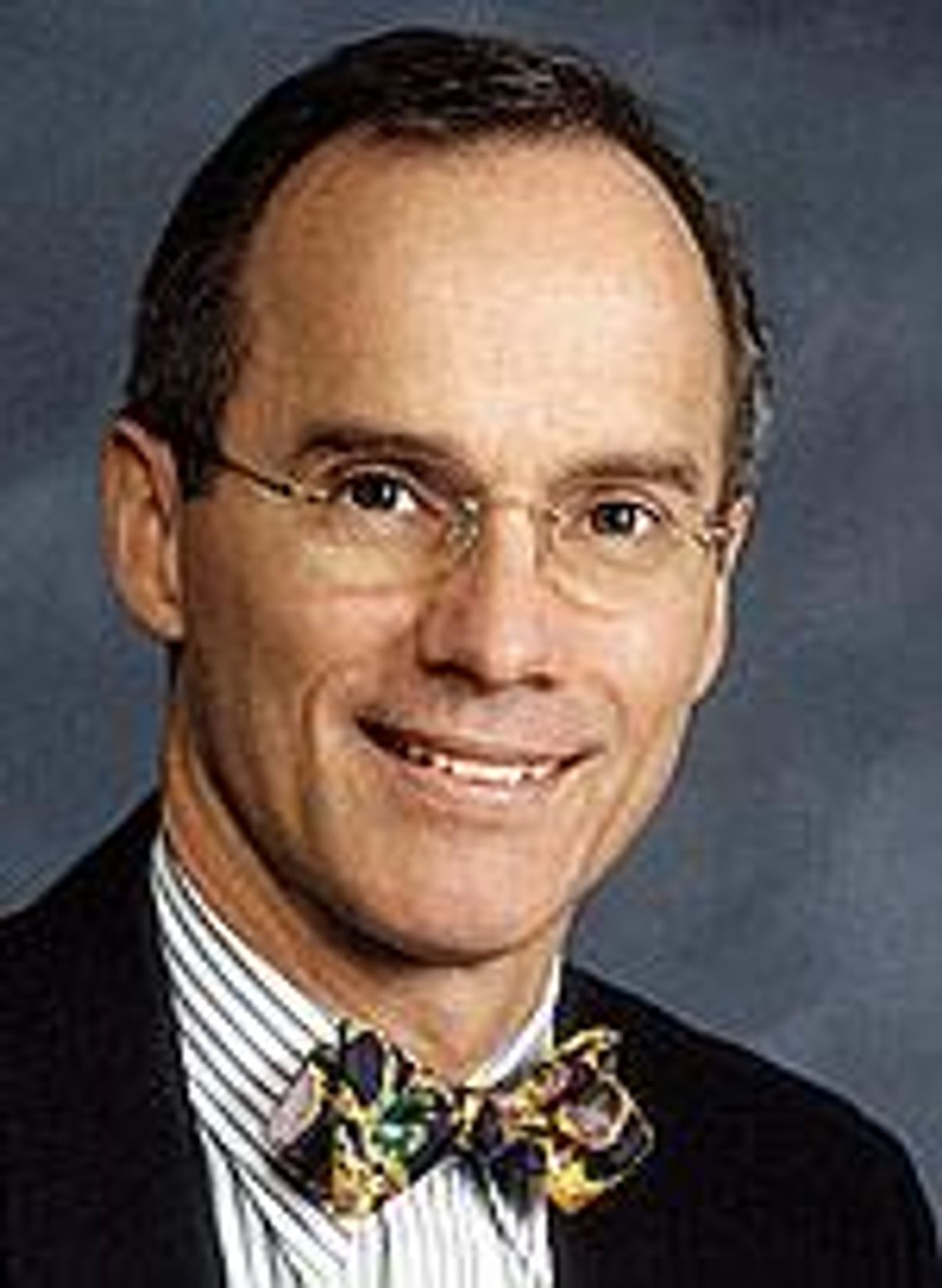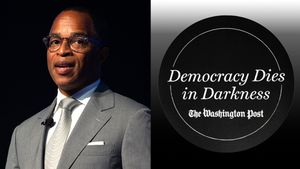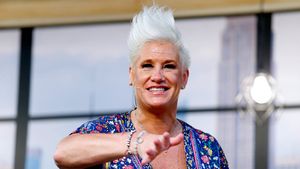Treatment GuideJust DiagnosedSex & DatingAfrican AmericanStigmaAsk the HIV DocPrEP En EspañolNewsVoicesPrint IssueVideoOut 100
CONTACTCAREER OPPORTUNITIESADVERTISE WITH USPRIVACY POLICYPRIVACY PREFERENCESTERMS OF USELEGAL NOTICE
© 2025 Pride Publishing Inc.
All Rights reserved
All Rights reserved
Scroll To Top
By continuing to use our site, you agree to our Privacy Policy and Terms of Use.
I often get asked by my HIV-positive patients if they need to get an annual physical. To the surprise of some, I may say no, but usually I say yes. The idea that an annual exam will find disease at an earlier stage and thus enable better or more successful treatments began in the 1920s. However, in healthy adults there is little evidence that this happens. In fact, the Canadian Task Force on the Periodic Health Examination declared in 1979 that annual exams were not useful. The U.S. Preventive Services Task Force reached the same conclusion in 1996. Instead, they recommended that the few screening tests and procedures that are needed should be integrated into routine medical care. This recommendation is then modified if the patient has any special categories of risk, such as a strong family history of disease, an occupation that exposes him or her to dangerous substances or hazards, past medical problems, etc., which is why I make a variety of recommendations to my patients about annual exams. First of all, the typical quarterly HIV visit covers much of what an annual physical entails. There is a discussion of current health status, a review of medications, a physical examination, and laboratory tests, which are as comprehensive as most basic annual exams. For example, most major authorities recommend blood pressure checks and weigh-ins every two years and cholesterol checks every five years. So we are easily within guidelines for many things, especially in my healthy younger patients. But fortunately many of my patients have now passed the big 4-0 or bigger 5-0, so another set of screening tests needs to be added beyond the routine quarterly visit. It is then that I think an annual physical is most useful in my practice because it gives me the opportunity to focus on items that I just don't have time to cover in the 15 to 20 minutes devoted to HIV every three months. Healthy, stable HIV-positive patients under the age of 40 probably do not need annual examinations, except for annual Pap smears in women and anal Paps in men who have sex with men. Nonetheless, it is very useful once a year to take the time to make sure immunizations are up-to-date, discuss smoking habits as well as drug and alcohol use, emphasize cardiovascular exercise, recommend sun block, review eating habits, and consider other general health maintenance issues. Also, men need to be checked for testicular cancer and women need a breast exam. Beyond the age of 40 things start to change. Women need mammograms every one to two years. Men need prostate exams, starting at 50 per Medicare guidelines, but I prefer 45, per urology guidelines. If a patient is on testosterone, then the recommendation is to start prostate cancer screening at 40. This also includes both the digital rectal exam and checking the prostate-specific antigen in the blood. The recommendation for colonoscopy, to check for colon cancer, is to start between 50 and 55. However, if you have a parent or sibling who has had colon cancer, you should get your first colonoscopy 15 years earlier than the age at which his or hers was discovered. It is also around this time that men need to start taking a baby aspirin daily to reduce the risk of strokes. Women need to take 1,200'1,500 milligrams of calcium and vitamin D upon the first signs of menopause. Of course, there are lots of other screenings, such as echocardiograms, stress tests, DEXA scans, and a pulmonary function test that may be indicated annually based on other medical problems. What I've outlined above is my basic approach to the annual exam. In a broader sense, I like the focus of an annual exam. It reinforces to my patient that I consider HIV to be a chronically manageable disease'and thus long-term health maintenance cannot be forgotten. Bowers is board-certified in family practice and is a senior partner with Pacific Oaks Medical Group, one of the nation's largest practices devoted to HIV care, located in Beverly Hills. Write to Bowers at dan@hivplusmag.com.
From our Sponsors
Most Popular
BREAKING NEWS: Trump admin moves to end federal HIV prevention programs
March 18 2025 6:10 PM
Grindr is reminding us why jockstraps are so sexy and iconic
May 02 2025 5:36 PM
Trump's orders prompt CDC to erase HIV resources
January 31 2025 5:29 PM
Celebrating Black History Month with our annual African American issue
February 01 2025 3:28 PM
Tyler TerMeer vows to continue to fight for health care for all
January 28 2025 3:00 PM
Discover the power of Wellness in your life
March 26 2025 12:41 PM
Plus: Featured Video
Latest Stories
BREAKING: Supreme Court rules to save free access to preventive care, including PrEP
June 27 2025 10:32 AM
HRC holds 'die-in' to protest Trump health care cuts
April 28 2025 2:11 PM
Season 4 of The Switch on resilience & radical self-love returns this spring
March 26 2025 12:20 PM
Lexi Love comes out as HIV+ after Trump deletes federal resources
January 23 2025 11:23 AM
A camp for HIV-positive kids is for sale. Here's why its founder is celebrating
January 02 2025 12:21 PM
“I felt like a butterfly”: Niko Flowers on reclaiming life with HIV
July 23 2025 12:22 PM
1985: the year the AIDS crisis finally broke through the silence
June 26 2025 11:24 AM
Trump admin guts $258 million in funding for HIV vaccine research
June 03 2025 3:47 PM
Two right-wing Supreme Court justices signal they may uphold access to PrEP and more
April 21 2025 4:10 PM
Broadway's best raise over $1 million for LGBTQ+ and HIV causes
April 03 2025 7:15 PM
Jess King is here to help you live your happiest, healthiest life yet
March 24 2025 4:35 PM
Dancer. Healer. Survivor. DéShaun Armbrister is all of the above
July 02 2025 8:23 PM
VIDEO: A man living with HIV discusses his journey to fatherhood
June 10 2025 4:58 PM
500,000 Children at Risk: PEPFAR Funding Crisis
April 08 2025 3:51 PM
The Talk Season 5 premieres this spring with HIV guidance for the newly diagnosed
March 26 2025 1:00 PM
Gerald Garth is keeping people of color happy and healthy through trying times
March 11 2025 3:38 PM
Plus nominated for 2025 GLAAD Media Award
January 22 2025 12:42 PM
Trending stories
Recommended Stories for You













































































